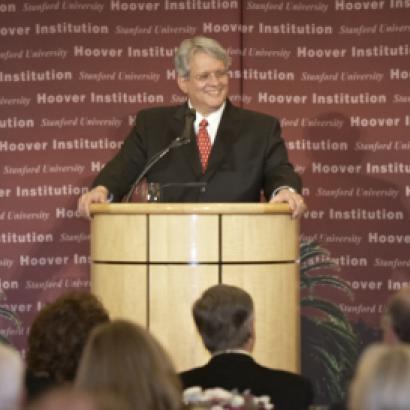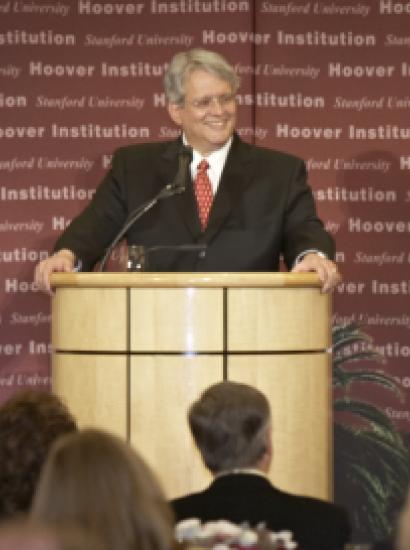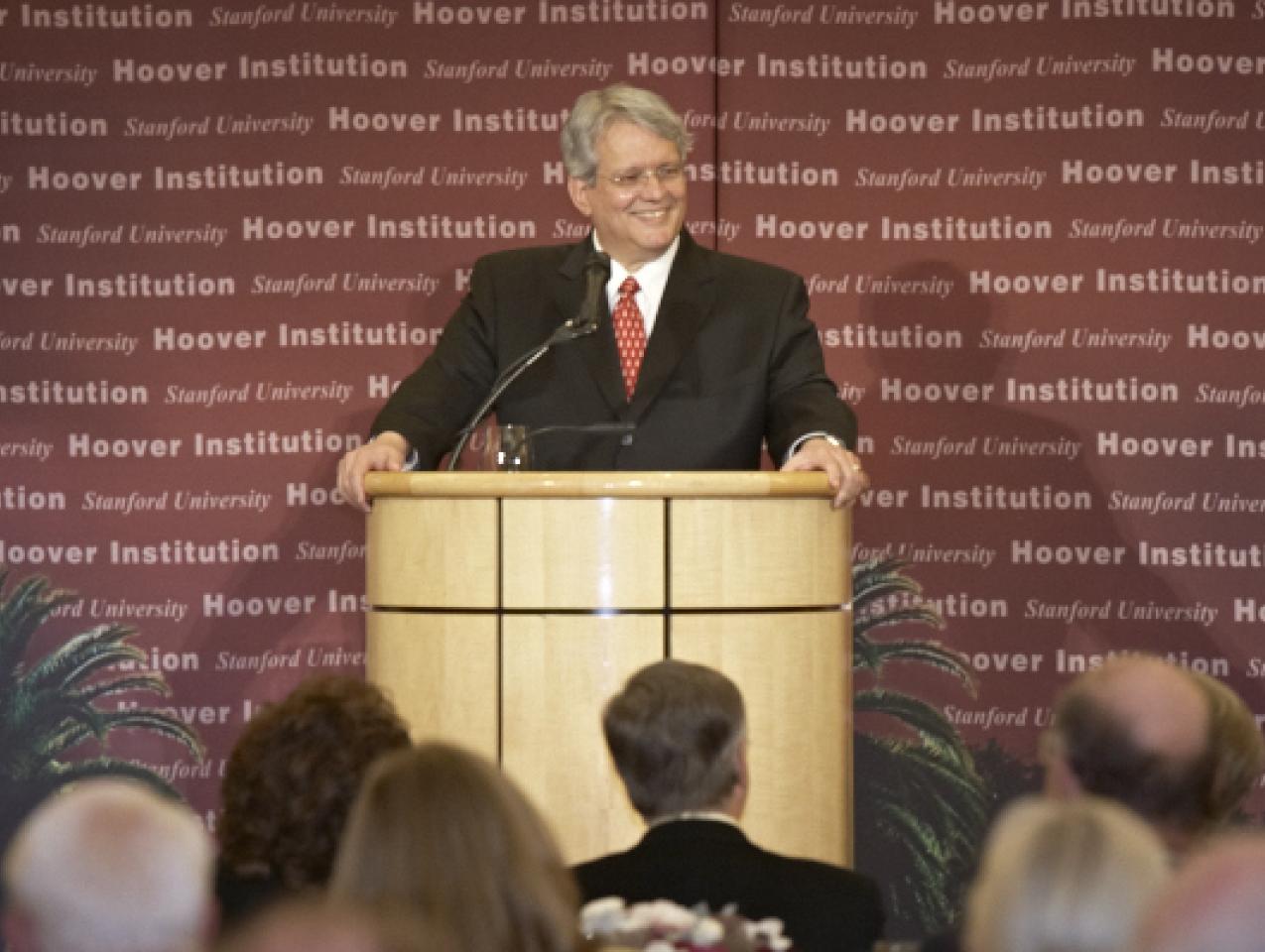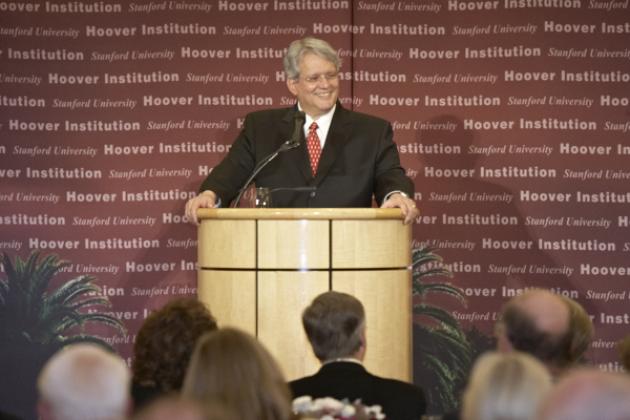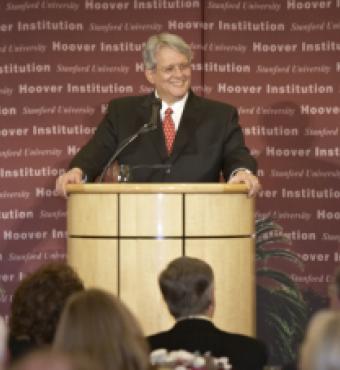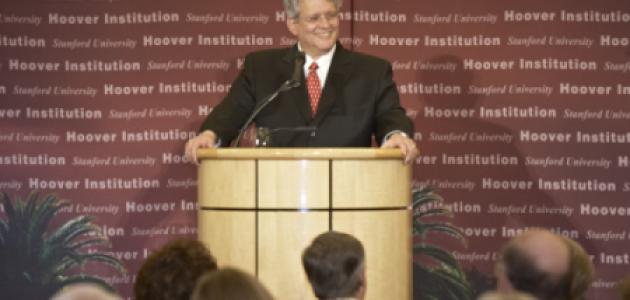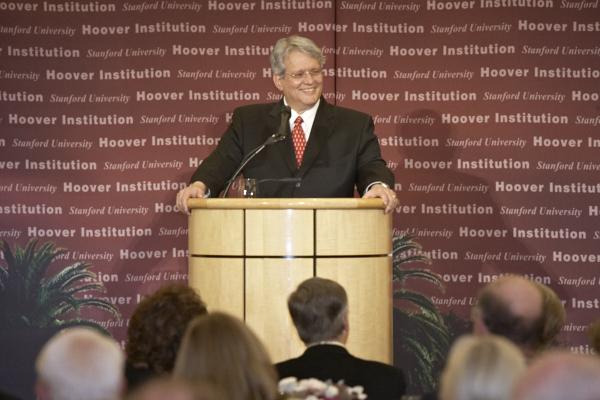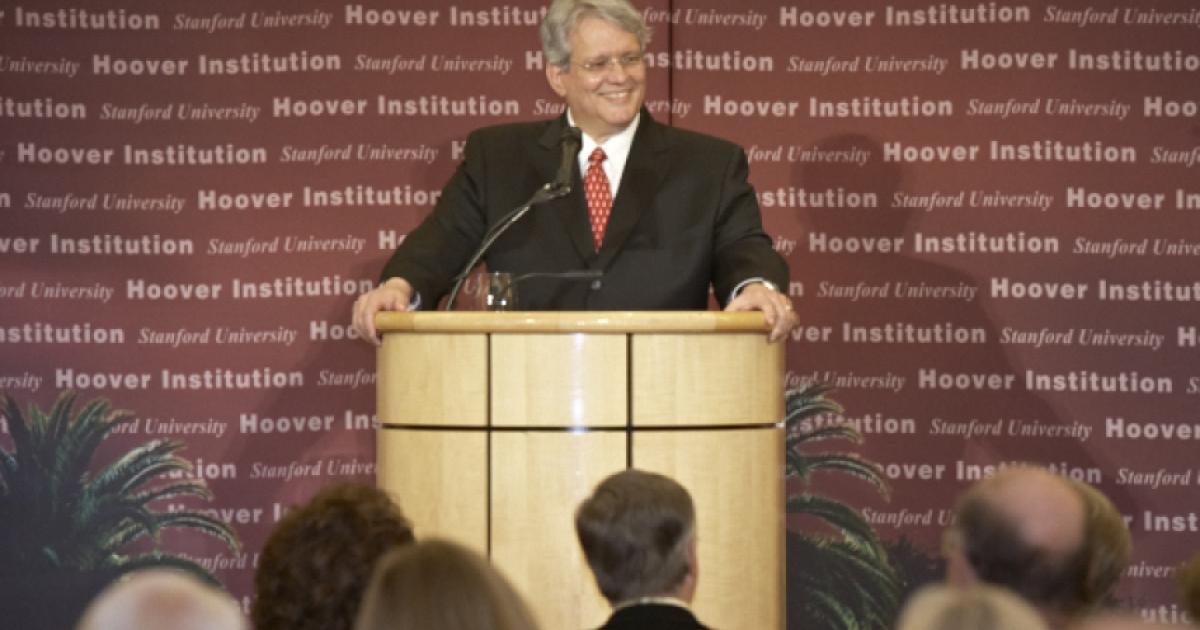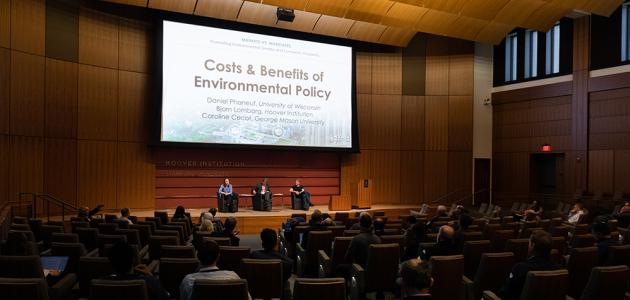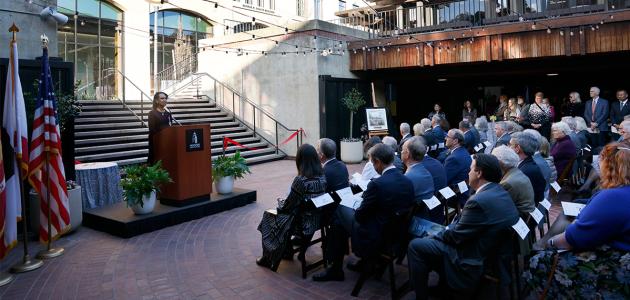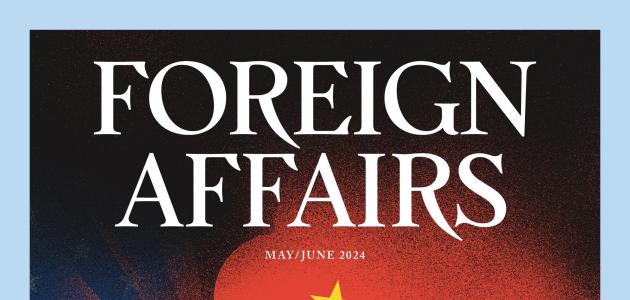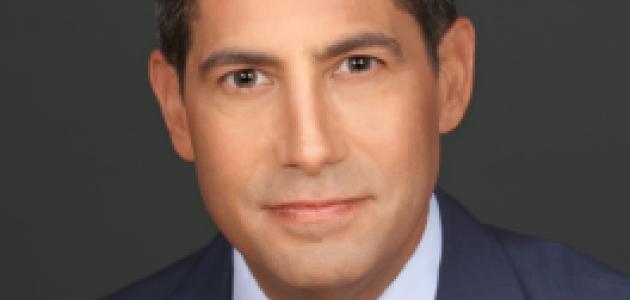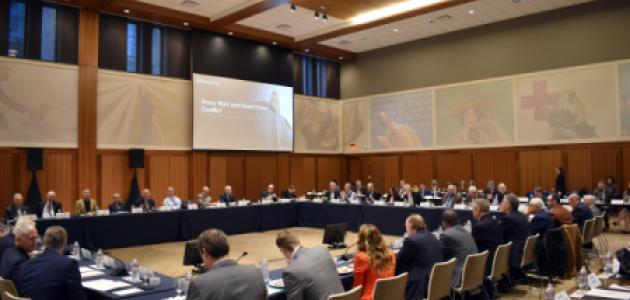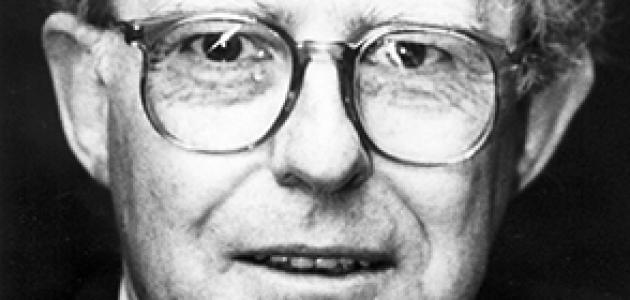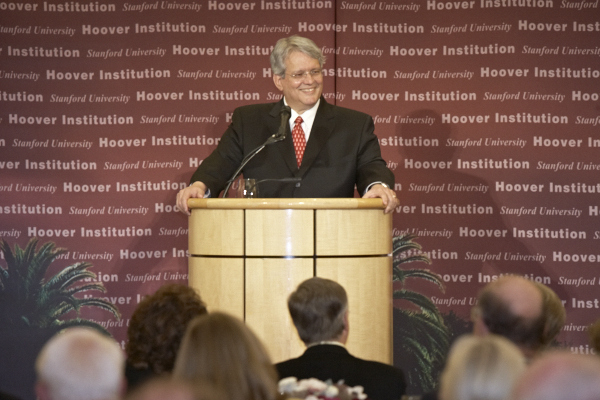
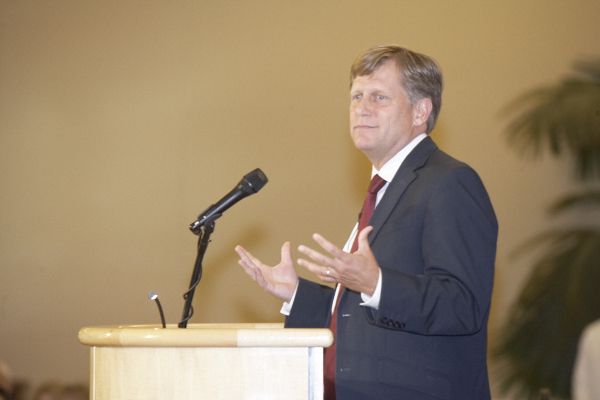
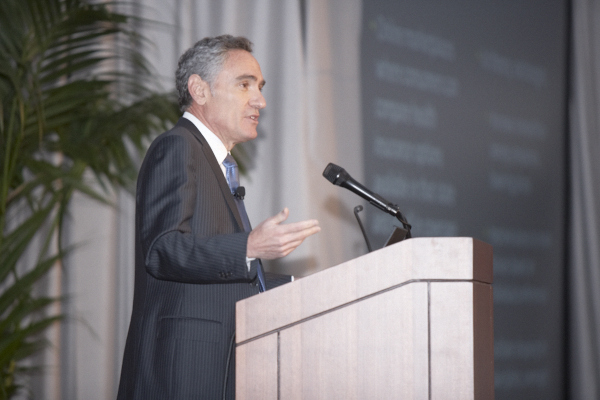
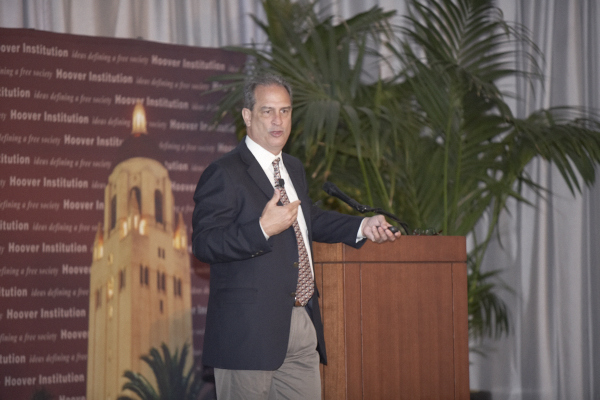
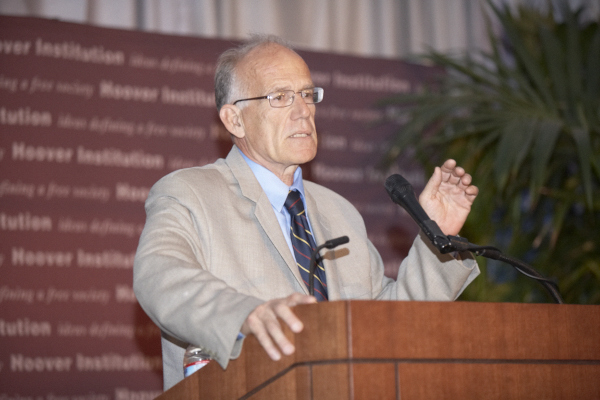
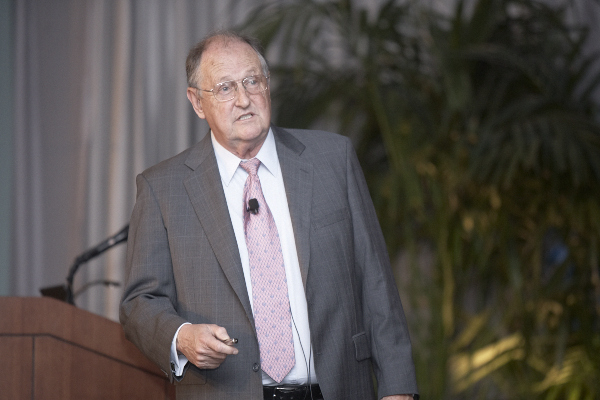
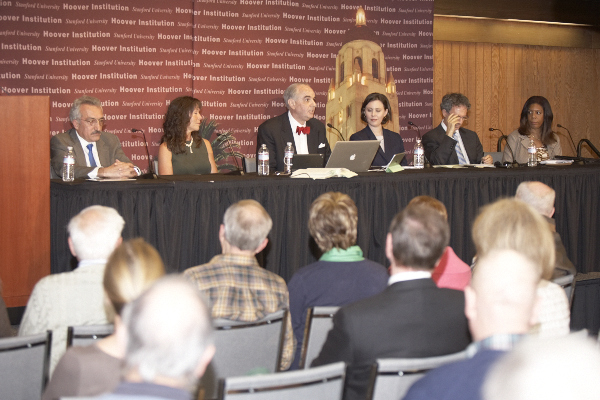
The Hoover Institution hosted its annual Spring Retreat beginning on Sunday, May 4, 2014. Below are summaries of selected presentations from the three-day event, accompanied by links to the audio or video files when available.
Browse by scrolling through this page, or jump directly to the specific speaker here:
Terry Anderson, Scott Atlas, Russell Berman, David Brady, William Damon, Niall Ferguson, Stephen Haber, Victor Davis Hanson, Josef Joffe, Michael McFaul, Peter Schuck, and Bill Whalen
In addition to the individual presentations, a special live taping of the John Batchelor Show was conducted, featuring host John Batchelor and guest cohost Mary Kissel of the Wall Street Journal, as well as Hoover senior fellow Peter Berkowitz and Hoover research fellows Abbas Milani, Kori Schake, and Kiron Skinner. The discussion, entitled “President Obama’s Biggest Foreign Policy Challenges,” can be found here.
Sunday, May 4, 2014
Michael McFaul: “If we deal with [Putin] right, we can win this second phase of the Cold War.”
Michael McFaul, the Peter and Helen Bing Senior Fellow at the Hoover Institution, discussed recent events in Russia and Ukraine in his talk entitled “Russia’s Invasion of Ukraine: The Beginning of a New Cold War?” His talk set out to answer three questions: How did we get here? Where is here? And what does it all mean? Using counterfactual analysis, McFaul argued that the current crisis is a product of individuals’ actions, particularly those of Russian president Vladimir Putin, as opposed to structural or historical forces. He concluded with five policy suggestions that focused on targeted containment and selective engagement with Russia. A recording of his talk is available on request.
Monday, May 5, 2014
Scott Atlas: “When people have more choices, they make value-based decisions.”
Scott Atlas, the David and Joan Traitel Senior Fellow at the Hoover Institution, gave a comprehensive overview of the Affordable Care Act in his talk entitled “Obamacare: What’s Happened and What’s Next.” Atlas discussed several aspects of the Affordable Care Act, including how the new insurance exchanges are raising costs while decreasing access by shifting from private coverage to government coverage; Medicaid’s failure to improve health; and the unprecedented power of the Independent Payment Advisory Board to ration care. He ends with a discussion of what can be expected in the future as indicated by Hillary Clinton’s 2007 health care proposal. You can watch the chartcast of Atlas's talk here.
Stephen Haber: “The situation of high levels of risk and low levels of capital is the product of a purposeful, political deal.”
Stephen Haber, the Peter and Helen Bing Senior Fellow at the Hoover Institution, discussed the history of politics and banking in his talk entitled “Fragile by Design: The Political Origins of Banking Crises and Scarce Credit.” The talk was based on his book of the same name, coauthored by Charles Calomiris; the New York Times review of the book, mentioned in the talk, can be found here. Haber begins by comparing banking in Canada and the United States, arguing that in the United States politics has shaped banking, creating a high propensity for crises. He supports this claim with a detailed economic and political history of banking in the United States from the 1820s to present. You can watch the chartcast of Haber's talk here.
Victor Davis Hanson: “We have one drought that nature caused, and a second drought that man caused.”
Victor Davis Hanson, the Martin and Illie Anderson Senior Fellow at the Hoover Institution, discussed the California drought in his talk entitled “A Tale of Two Droughts.” Hanson began by giving a historical perspective on water sources and usage in California. He went on to outline how California politics has exacerbated the tensions of a three-year drought and discusses his rationale for this behavior. You can listen to the podcast of Hanson's talk here.
Terry Anderson: “You have to be saying does it really make sense to jump off the cliff.”
Terry Anderson, the John and Jean De Nault Senior Fellow at the Hoover Institution, discusses market approaches to environmental problems in his talk entitled “Adapt, Adapt, Adapt: Market Responses to Climate Change.” He began by discussing why responses other than adaptation, such as mitigation, are not effective. Continuing to discuss the costs of climate change, he ended by outlining ways that we will adapt to climate change, using agriculture, weather derivatives, and insurance. You can listen to the podcast of Anderson's talk here.
William Damon: “I don’t think [honesty] is an absolute moral value.”
William Damon, a senior fellow at the Hoover Institution, gives a psychologist’s perspective on the value of truth in his talk entitled “The Death of Honesty.” The talk drew heavily from his recent Defining Ideas article of the same name, as well as Dan Ariely’s book The Honest Truth about Dishonesty, available on Amazon. Damon argues that the media and society have romanticized lying, creating a misguided and cynical conventional wisdom that creates a self-fulfilling effect. Ultimately, this return to the “law of the jungle” could destroy our democracy. You can listen to the podcast of Damon's talk here.
Bill Whalen: “We are just out of touch with the rest of the nation.”
Bill Whalen, a research fellow at the Hoover Institution, discusses the upcoming election in California in his talk entitled “California 2014: Will Political Winds of Change Move Past the Sierras?” Throughout the talk, Whalen compared the upcoming elections in California to elections in California from the past two decades. Topics include the transformation of California into a blue state, the lack of turnover of California Democratic leaders, and electoral opportunities for Republicans. You can listen to the podcast of Whalen's talk here.
David Brady: “We are in an era of indecision.”
David Brady, the deputy director and Davies Family Senior Fellow at the Hoover Institution, discusses the state of US governance in his talk entitled “Polarization, Broken Government, and the 2014 National Election.” He began by suggesting that, relative to the rest of the world, the US government is not as broken as one might suppose. Instead, he argues that government is indecisive due to large economic transformations in the past few decades. Continuing to compare our current political and economic climate to historical examples, he ends by discussing the implications for the upcoming election. You can watch the chartcast of Brady's talk here.
Josef Joffe: “If American declinism were a TV show, it would be in its fifth season.”
Josef Joffe, a research fellow at the Hoover Institution, discussed the long tradition of American declinism in his talk entitled “The Myth of America in Decline.” His talk drew heavily from his recent book The Myth of America’s Decline: Politics, Economics, and a Half Century of False Prophecies, available from Amazon. Joffe began by outlining the historical trajectory of American declinism, beginning with the launch of Sputnik in the 1950s to modern-day China. He ended by presenting the case for why the United States is not over yet. You can listen to the podcast of Joffe's talk here.
Peter Schuck: “Today’s politics are a consequence of disaffection.”
Peter Schuck, a professor emeritus of law at Yale Law School, gave a pre-dinner talk entitled “Why Government Fails So Often—and How It Can Do Better.” Schuck based his talk on his recent book, available from Amazon and reviewed by Hoover senior fellow Peter Berkowitz. Schuck argued that there are deep and systematic causes for our lack of understanding why government fails. He discussed a variety of examples, including political culture, decentralization, and collective irrationality. The recording of his talk is available on request. As mentioned at the retreat, Schuck discussed his book again the following night on the Daily Show with Jon Stewart; the extended interview is available here.
Tuesday, May 6, 2014
Russell Berman: “No one appear stronger by withdrawing.”
Russell Berman, a senior fellow at the Hoover Institution, discussed US foreign policy in the Middle East in his talk entitled “In Retreat: America’s Withdrawal from the Middle East.” His book of the same name, part of a series released by the Working Group on Islamism and the International Order, is available from Hoover Press. Discussing the larger framework of the Middle East, Berman gave an overview of current events and how to improve the political situation. He emphasized that failure to properly address the Middle East could result in failed states across the region, from Algeria to Afghanistan; increased competition with Russia as a revanchist power; and frayed relations with the European Union. He went on to describe how US foreign policy, despite these risks, is moving in the wrong direction, using a time line of US withdrawal from the region. He ended with a call to return to democratic values in foreign policy. You can watch the chartcast of Berman's talk here.
Niall Ferguson: “This is the biggest shift in economic history in half millennia.”
Niall Ferguson, a senior fellow at the Hoover Institution, discussed the falling quality of American institutions in his talk entitled “The Great Degeneration: How Institutions Decay and Economies Die.” His book of the same name is available on Amazon. Ferguson focuses on China and the United States as examples of institutional improvement in the developing world and institutional degeneration in the developed world, emphasizing economics, politics, and education policies. Ferguson’s book Civilization, which discusses the “six killer applications for Western civilization,” is also available on Amazon. You can watch the chartcast of Ferguson's talk here.







